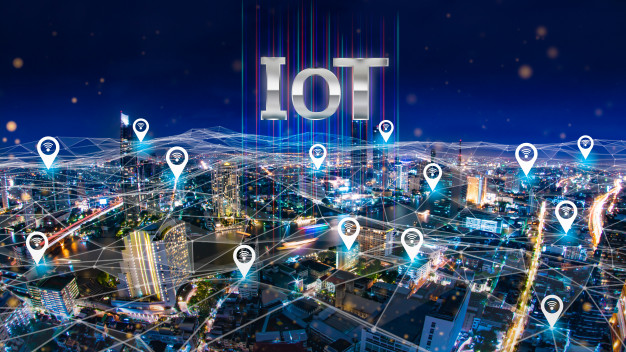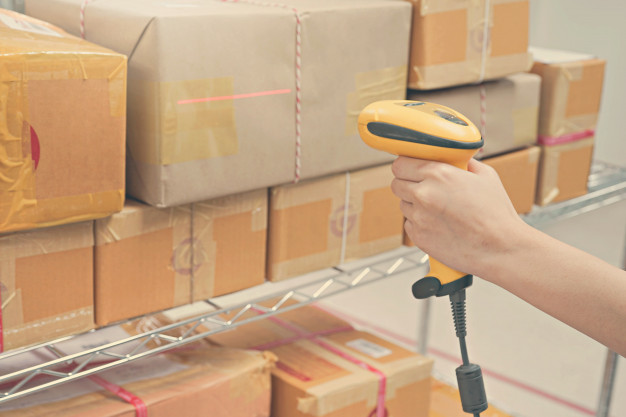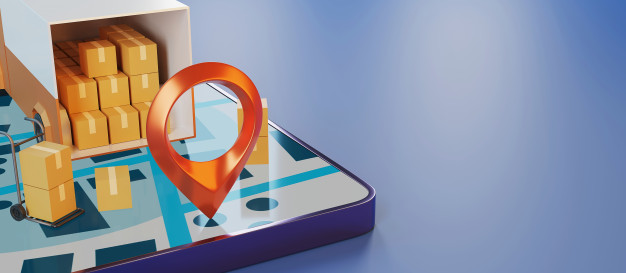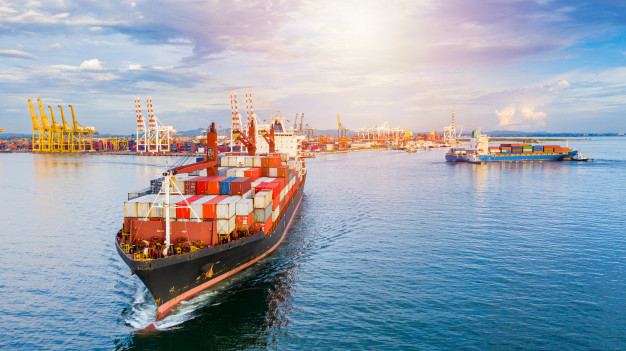The shipping and logistics industry is going through an extraordinary and rapid transformation, paving way for many innovations and technology.
We all know that logistics plays a crucial role in a nation’s economy by providing employment and contributing to its GDP. By the end of the year 2023, the global logistics market is estimated to reach 15.5 Trillion USD.
A countless number of emerging technologies are shaping the future of logistics. Today, logistics and technology are very much integrated.
The emerging technologies are the major reason for the enhanced growth and efficiency of the logistics industry. Hence, technologies are bound to influence the logistics.
Here is a brief evaluation of a few emerging technologies and how they influence the logistics industry.
Internet of Things (IoT)
Did you think years ago that you would be able to turn on your AC or fan from your smartphone? Today, many devices are made with built-in Wi-Fi capabilities and sensors, from cell phones to cars.
This emerging technology allows devices to communicate with each other within an existing internet infrastructure without human intervention.

This revolutionary technology has its wide applications in the field of logistics and they are used to increase speed, decrease waste, and reduce overall costs.
A recent study stated that 26.25% of 3PL companies are currently using machine-to-machine (M2M) technology and 46.62% plan to deploy them in the future.
Radio Frequency Identification (RFID)
RFID innovation, which has additionally been being used for a couple of years, is a mainstream work sparing way organizations can follow their inventory.
A tag or sensor is put on the item or product and radio waves are conveyed. The information is then received and processed by the organization.

RFID tags are like Barcodes, yet the predominant speed of data conveyance and information handling of RFIDs is all the more appealing to organizations and how innovation is moving.
Today, numerous organizations are utilizing RFID tags in their appropriation distribution warehouses to monitor containers.
Different enterprises are now utilizing RFID labels, for example, the apparel industry and major theme parks.
Enhanced GPS
Gone are the days when you printed out directions from the computer while you are going out.
Presently, almost everyone is using GPS, regardless of whether built-in on their vehicles or their cellphones.

The precision of these gadgets has radically expanded consistently, helping disappointed, lost drivers yet additionally improving the supply chain.
The advanced accuracy and precision of GPS help in tracking the locations of the trucks and ships, and thus it helps in increased productivity and satisfaction of the customers.
Shipment Tracking Systems
Previously, clients booked shipments, got an expected conveyance date, and afterward were left in obscurity, except if they chose to make a call.
Today, web and software advance propels permit clients access to delivery and global positioning frameworks day in and day out.

In addition to the fact that this enhances the client experience, yet it sets aside time and cash for the organization too.
You can go for many shipment tracking systems such as Shapiro 360*, Cargowise, Logitude world, etc.
To enhance efficiency and to compete with the world we have to keep up with the latest technology and these emerging technologies are really shaping the future of the logistics industry.

